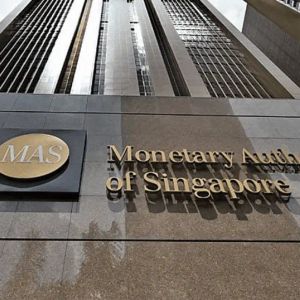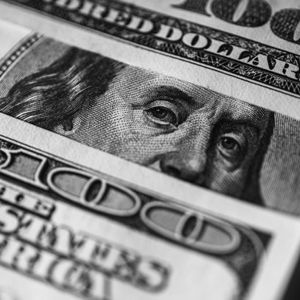Singapore’s financial watchdog, the Monetary Authority of Singapore (MAS), has fined nine major financial institutions a total of S$27.5 million, equivalent to $21.5 million. The penalties were issued for failures in anti-money laundering (AML) controls. This brings to a close a major S$3 billion money laundering case that shocked the country in 2023. As part of a broader global trend, Singapore is now tightening its rules to stop illegal money and punish those who break the law. MAS Names and Fines Nine Financial Giants for AML Breaches MAS announced the fines on July 3. Some of the world’s biggest names in finance were included: Credit Suisse, UBS, Citibank, UOB, Julius Baer, LGT Bank, and asset manager Blue Ocean. The regulatory agency revealed that these firms failed to detect or prevent illegal money from flowing through their systems. Credit Suisse’s Singapore branch got the most significant penalty, 5.8 million, for serious weaknesses in its AML efforts. Other banks, such as UBS, Citi, and UOB, were also fined for similar failings. UOB, the third-largest bank in Singapore, announced that it has implemented changes to address the issues and enhance its compliance systems. MAS also took action against four people linked to the case. They were banned from working in finance for up to six years. This is similar to the 2023 ban on 3AC’s two founders, who were barred for nine years. Inside Singapore’s Biggest Money Laundering Scandal This scandal started in August 2023. Police raided many luxury properties and arrested ten Chinese nationals. These individuals were later found guilty of moving illegal funds into Singapore. The money was used to buy expensive homes, luxury items, and cryptocurrencies. After being sentenced to jail terms ranging from 13 to 17 months, the individuals were deported and banned from returning to Singapore. This is Singapore’s most serious enforcement action since 2016, when it shut down BSI Bank over the 1MDB scandal. Singapore Tightens Crypto Rules to Fight Financial Crime Cryptocurrency was part of a recent money laundering case in Singapore. The police took some digital assets because they were linked to illegal money. This has raised concerns about how crypto can be used for money laundering, and why stronger rules are needed. To prevent this, Singapore is strengthening its crypto laws. From June 2025, crypto companies that serve people outside the country must get a license under the Financial Services and Markets Act (FSMA). People can no longer use credit to buy crypto or earn rewards from it. Additionally, if someone sends more than SGD 1,500, they must comply with the Travel Rule, which requires complete ID checks. DeFi platforms and crypto wallets may also face new regulations if they offer services to everyday users or generate revenue from token transactions. The post Singapore Tightens Grip on Crypto Crimes with S$27.5M in Bank Fines appeared first on TheCoinrise.com .
















